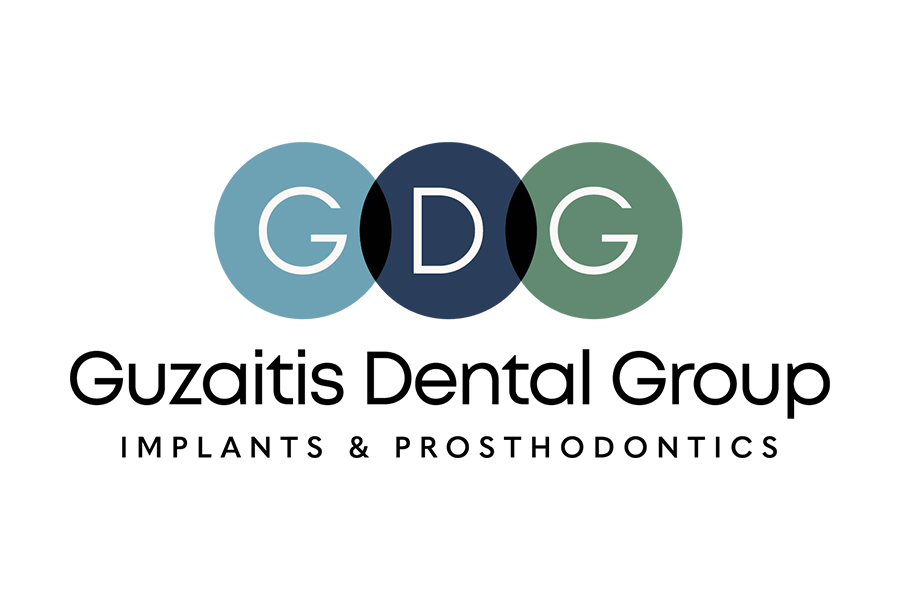
It is a common household belief that gum disease can lead to heart disease. This is supported by the fact that people with gum disease have two to three times the risk of having a serious cardiovascular event or heart attack.
As heart disease remains the leading cause of death in the United States, it as been a major focus for scientists to determine any causes or risk factors to this disease. For decades scientists have attempted to prove that the relationship between gum disease and heart disease is a direct causation, though some have purported that there may not truly be a connection.
Many people that experience cardiovascular issues have no corresponding oral problems and the reverse has also been found to be true in many cases. The link could be due to, simply, the shared risk factors of both issues, such as smoking or an unhealthy diet or lifestyle. Even still, there remains the growing suspicion that the two are more closely interconnected.
What is gum disease?
When one thinks of plaque, it often evokes an image of the bacteria-laden film that sticks to one’s teeth, especially if one is lacking an effective flossing and brushing regimen. This plaque – the bane of most dentist’s existence – can be treated and prevented with good day to day oral hygiene and regular trips to the dentist for a more thorough cleaning.
If untreated and unmanaged, though, this plaque can turn into something more menacing – gum disease. Also known as periodontal disease, this is an infection of the gum tissue and bones which surround your teeth. If you develop a gum disease, chances are you will be seeing a periodontist and a prosthodontist soon. In its early stage it is called gingivitis, hallmarked by red, inflamed, and bleeding gums and this can easily turn into periodontitis without proper treatment. Gum disease causes the tissue of the gums to pull away, leading to tooth decay, loss of the surrounding bone, and eventually tooth loss.
Heart disease is caused by a completely different type of plaque, also known as atherosclerosis, which can build up inside the arteries. Atherosclerosis is made up of primarily cholesterol, fat, and calcium and is a major indication of coronary artery disease.
So, are they linked?
Periodontal disease increases the body’s level of inflammation. Chronic, long-term inflammation is a major contributor to many health problems, but especially to atherosclerosis.
The oral bacteria causing gum disease can travel into the bloodstream and from there into the heart valves and heart, triggering inflammation throughout the body. If important arteries become inflamed, this can result in a heart attack or stroke. Alternatively, oral bacteria can lead to an infection in the bloodstream which could also result in a heart attack. The risk of complications is even greater if one already has a history of high cholesterol, researchers have found.
To date, while there is no definitive proof that preventing and treating gum disease will prevent heart disease, the connection is compelling enough that dentists consider the correlation yet another reason to maintain good oral health.
Reduce your risk
Luckily gum disease is preventable. Regular dental checkups and proper oral hygiene greatly reduce the chance of developing gum disease. It is recommended that one maintains their oral hygiene by brushing – for at least two minutes with a soft bristled toothbrush – and flossing at least twice daily, otherwise plaque and food particles can build up in between the teeth and along the line of the gums paving the way for tooth decay and gum disease.
Fluoride toothpaste can reduce tooth decay and an antimicrobial mouthwash can reduce oral bacteria and plaque. It is also advised to have cleanings twice a year and to schedule an appointment with a dentist if experiencing any of these symptoms commonly associated with gum disease:
- Red, swollen, or tender gums
- Bleeding while brushing
- Tooth sensitivity or pain
- Persistent bad breath
- Loose teeth (in adulthood) or separation of the teeth
- Receding gums
It is also recommended that one refrains from tobacco usage – both for gum disease prevention and after contraction. Smoking weakens the immune system and makes it harder to fight off any infections, including that which is associated with periodontitis.
Other things that one can do to prevent both heart and gum disease are:
- Limit excess alcohol usage and drink only in moderation
- Consume low-sugar foods and drinks
- Exercise regularly
- Manage blood pressure, as high blood pressure can lead to infections
- Increase intake of fruits and vegetables
It is especially important to maintain proper dental hygiene if one already has a history of cardiovascular ailments, as the added bodily stressors of gum disease will be particularly impactful. But even if you are the picture of health, proper oral hygiene and preventative care can work wonders in your long-term, overall health – not only of your mouth but of your whole body.

